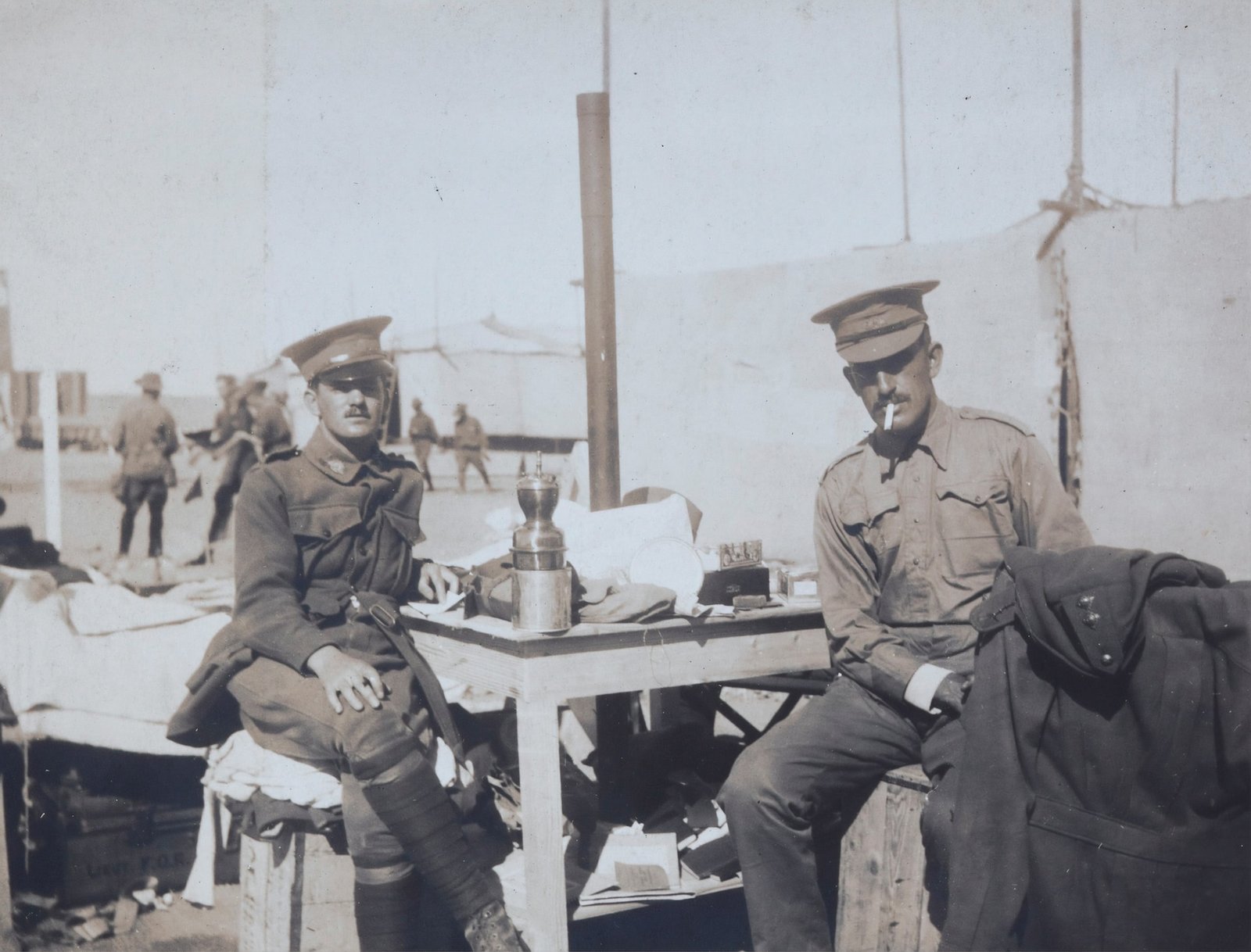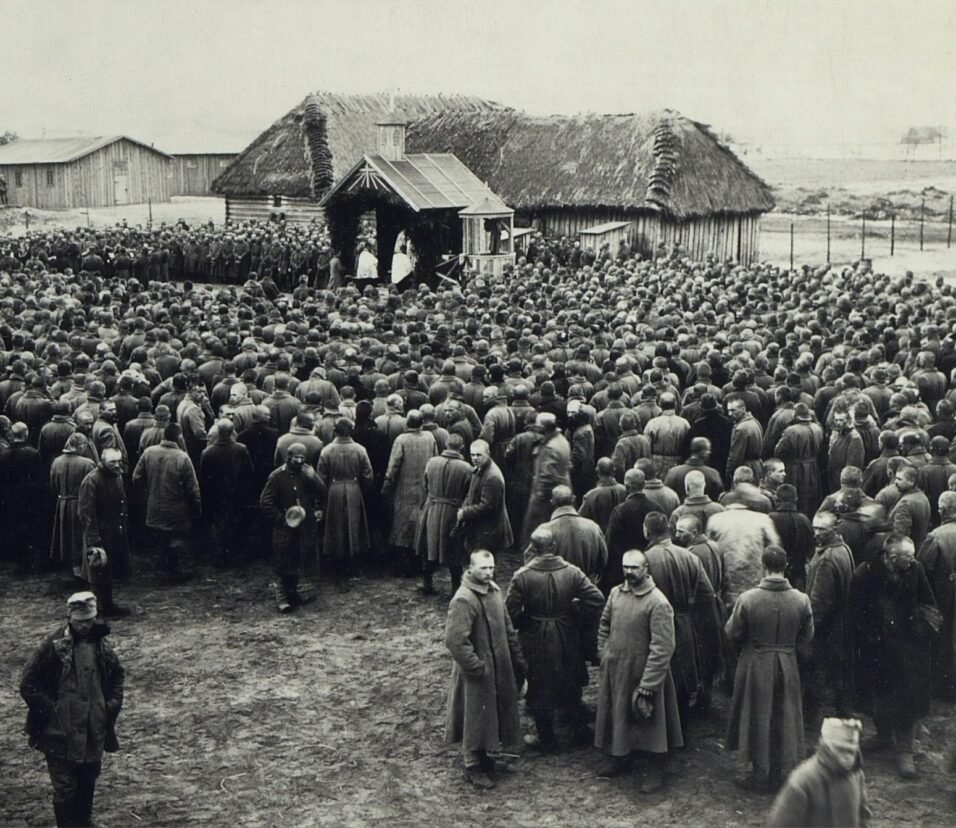The Korean War and the Vietnam War were both significant events that shaped not only the countries involved but also had extensive international repercussions. While these wars occurred within a relatively close timeframe—the Korean War from 1950 to 1953 and the Vietnam War from 1955 to 1975—they were distinct in their causes, objectives, and outcomes. This comprehensive guide aims to compare and contrast the Korean and Vietnam Wars, highlighting the key similarities and differences.
Introduction
The two wars were emblematic of the larger Cold War struggle between the United States and the Soviet Union. However, the scope of this analysis extends beyond the involvement of these superpowers, delving into the individual struggles each nation faced internally and externally.
Causes of the Wars
Korean War
The Korean War erupted primarily due to the ideological divide between North Korea, supported by China and the Soviet Union, and South Korea, backed by the United States. The tension escalated into a full-blown war when North Korea invaded South Korea in June 1950.
Vietnam War
In contrast, the Vietnam War had more complex origins. The French colonial rule, the rise of Vietnamese nationalism, and the Cold War dynamics between the U.S. and the Soviet Union were all contributing factors. Moreover, the ideological split between Communist North Vietnam and South Vietnam, which had a more Western-oriented government, intensified hostilities.
Military Involvement
Korean War
The United Nations, primarily led by U.S. forces, intervened on behalf of South Korea. China joined North Korean forces later, turning the tide of the war.
Vietnam War
The U.S. played a more significant role in the Vietnam War, with the involvement of over 500,000 American troops at its peak. Meanwhile, the Viet Cong, the communist force in South Vietnam, received extensive support from North Vietnam, China, and the Soviet Union.
Objectives
Korean War
The main objective was to repel the invasion and restore the border along the 38th parallel. Ultimately, the war ended with an armistice, restoring the original borders but failing to unite Korea.
Vietnam War
The aim was to contain the spread of communism in Southeast Asia, known as the ‘Domino Theory.’ However, the U.S. failed to prevent the unification of Vietnam under communist rule.
International Repercussions
Korean War
The Korean War had a more straightforward geopolitical landscape, primarily involving the U.S., Soviet Union, China, and Korean states. It set the stage for U.S.-China relations for decades to come.
Vietnam War
The Vietnam War had a more significant impact globally. The public opinion against the war, particularly in the U.S., led to widespread protests and policy changes.
Public Opinion and Media
Korean War
Public opinion on the Korean War was generally muted. The media coverage was less intense compared to the Vietnam War, and the war has often been termed ‘The Forgotten War.’
Vietnam War
Public opinion played a significant role in the Vietnam War, leading to policy changes and the eventual withdrawal of U.S. troops. The media’s role was instrumental in shaping this opinion.
Outcomes
Korean War
The Korean War ended in a stalemate with an armistice, leading to a permanently divided Korea. Despite massive losses, no side could claim outright victory.
Vietnam War
The Vietnam War ended with the fall of Saigon in 1975, leading to the unification of Vietnam under communist rule. The U.S. faced a significant defeat, leading to a reevaluation of its foreign policies.
Tactical Approaches and Strategies
Korean War
The Korean War saw traditional, large-scale military tactics that included well-defined front lines, and troops engaged in set-piece battles. Although the war began as a rapid movement conflict, it eventually settled into a more static form of trench warfare similar to what had been seen in World War I. The use of air power was significant but not decisive, largely due to the lack of a clear objective beyond maintaining the status quo.
Vietnam War
The Vietnam War presented a dramatic shift in tactical approaches. Guerrilla warfare was employed extensively by the Viet Cong, leading to a more diffuse, complex battlefield. The U.S. relied heavily on air power, using technologies like helicopters and advanced bombing techniques in an attempt to force a strategic outcome. However, the lack of a clearly defined objective and understanding of the local political landscape made it difficult to achieve decisive victories.
Political Ramifications
Korean War
The Korean War was a defining moment in the Cold War, illustrating the new global order. It helped cement America’s role as the defender of democratic nations against communism, leading to increased military spending and a more extensive presence worldwide. The war also laid the groundwork for the future involvement of the U.S. in Asia.
Vietnam War
The political consequences of the Vietnam War were profound, particularly in the United States. The failure of the U.S. to achieve its objectives led to widespread disillusionment and questioning of the U.S. government’s credibility. This had a ripple effect on American politics, including the rise of a more skeptical press and a public increasingly willing to challenge authority.
Socioeconomic Impact
Korean War
The Korean War had a lasting impact on the Korean Peninsula. The war devastated both North and South Korea, requiring significant post-war reconstruction. South Korea eventually emerged as a significant economic power, while North Korea remained economically isolated.
Vietnam War
Vietnam faced devastating destruction during the war, with long-lasting environmental damage due to the use of herbicides like Agent Orange. However, it has gradually recovered and has become one of Southeast Asia’s growing economies. Meanwhile, the war had a significant economic impact on the U.S. as well, contributing to inflation and budget deficits.
Conclusion
In summary, while the Korean and Vietnam Wars were both rooted in the ideological battle between communism and democracy, they differed in several key aspects such as their origins, international involvement, and outcomes. These wars have left an indelible mark on world history, shaping not only the countries involved but also the course of the Cold War and international relations. They serve as poignant reminders of the devastating effects of war and the complex interplay of factors that lead to such conflicts.
The Korean War and the Vietnam War were both watershed moments that tested the resolve, commitment, and ideology of the nations involved. By studying these conflicts, one can gain valuable insights into not only the socio-political landscape of the mid-20th century but also the complexities that often lead nations down the path of war.







